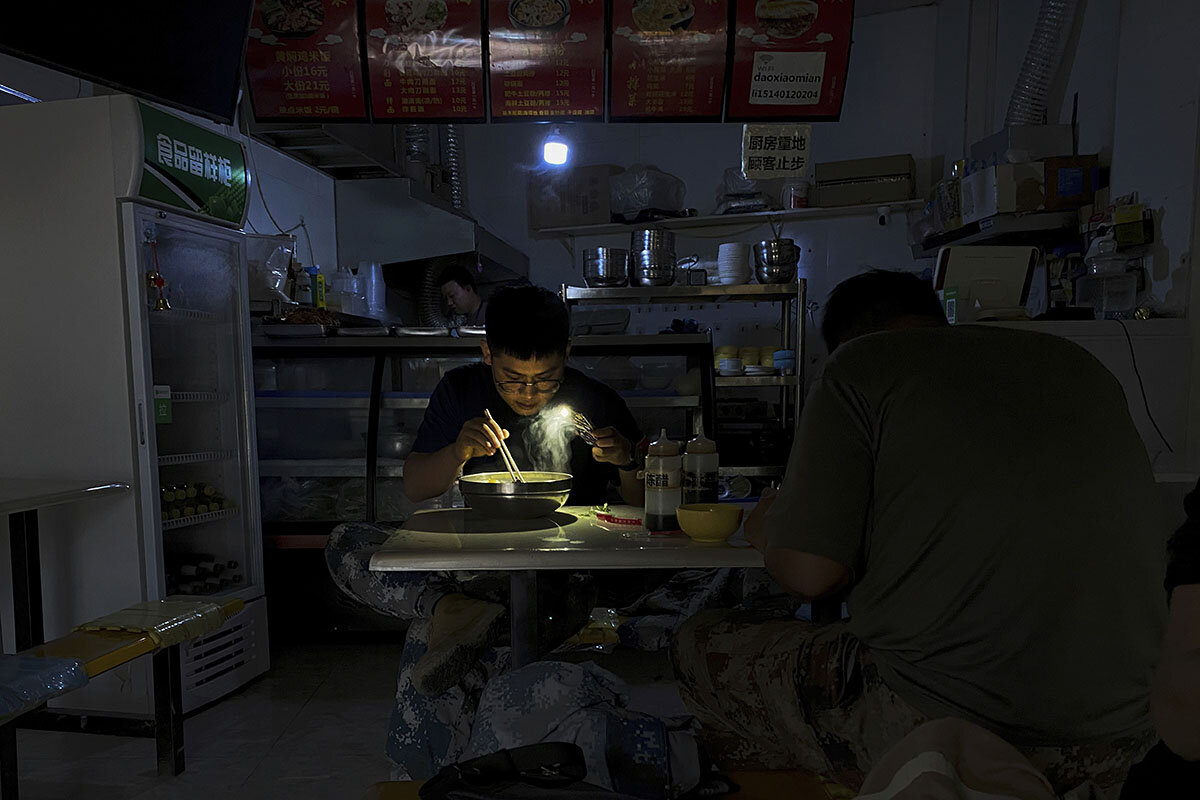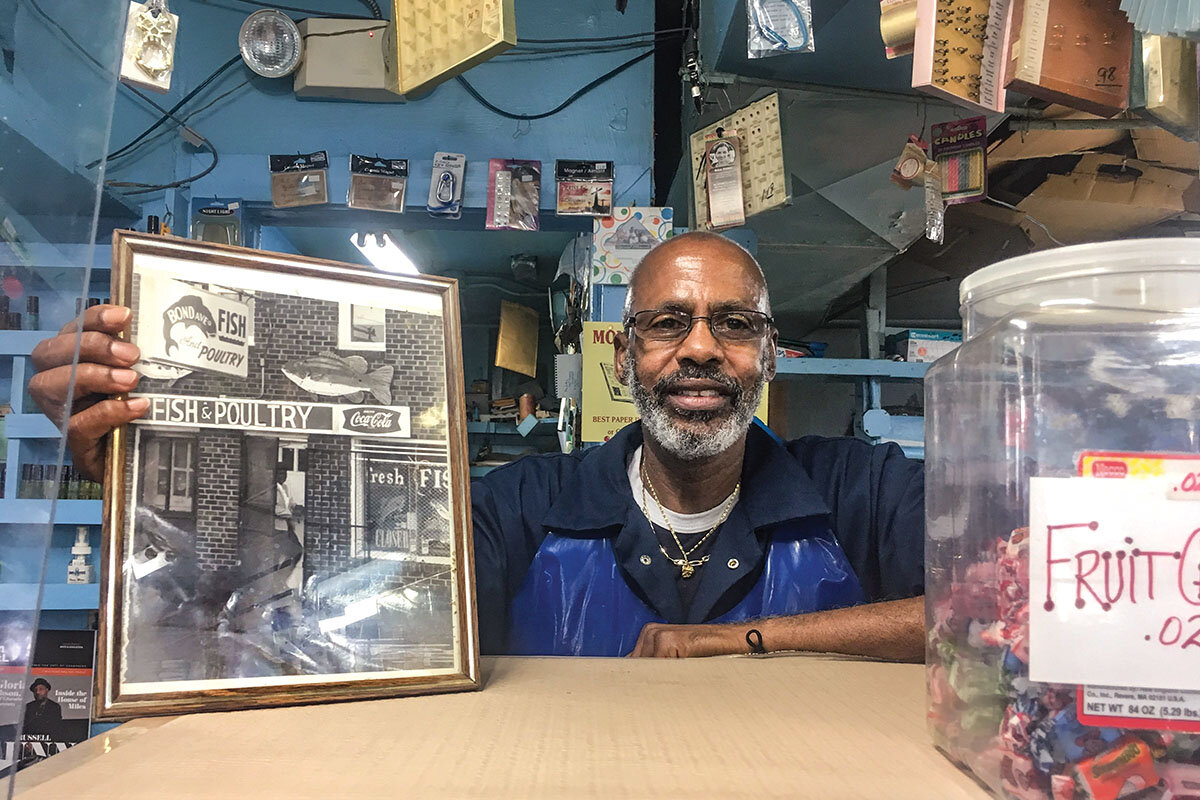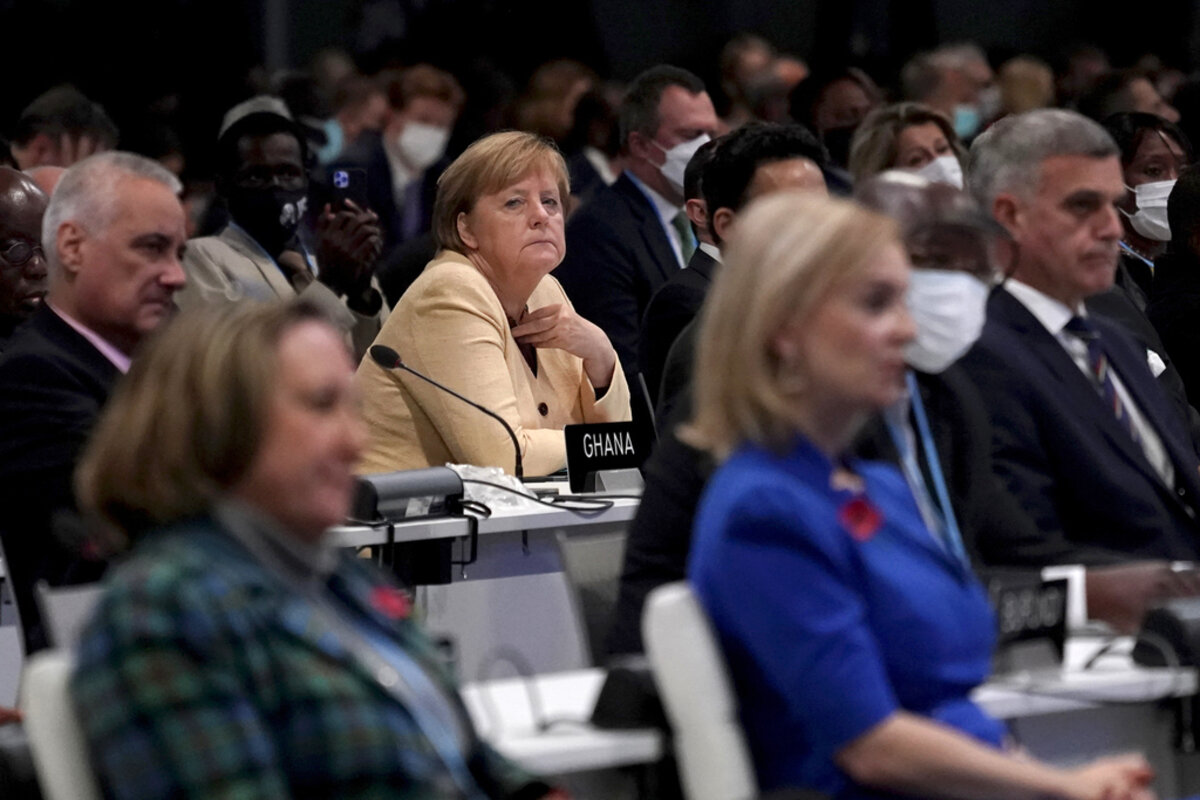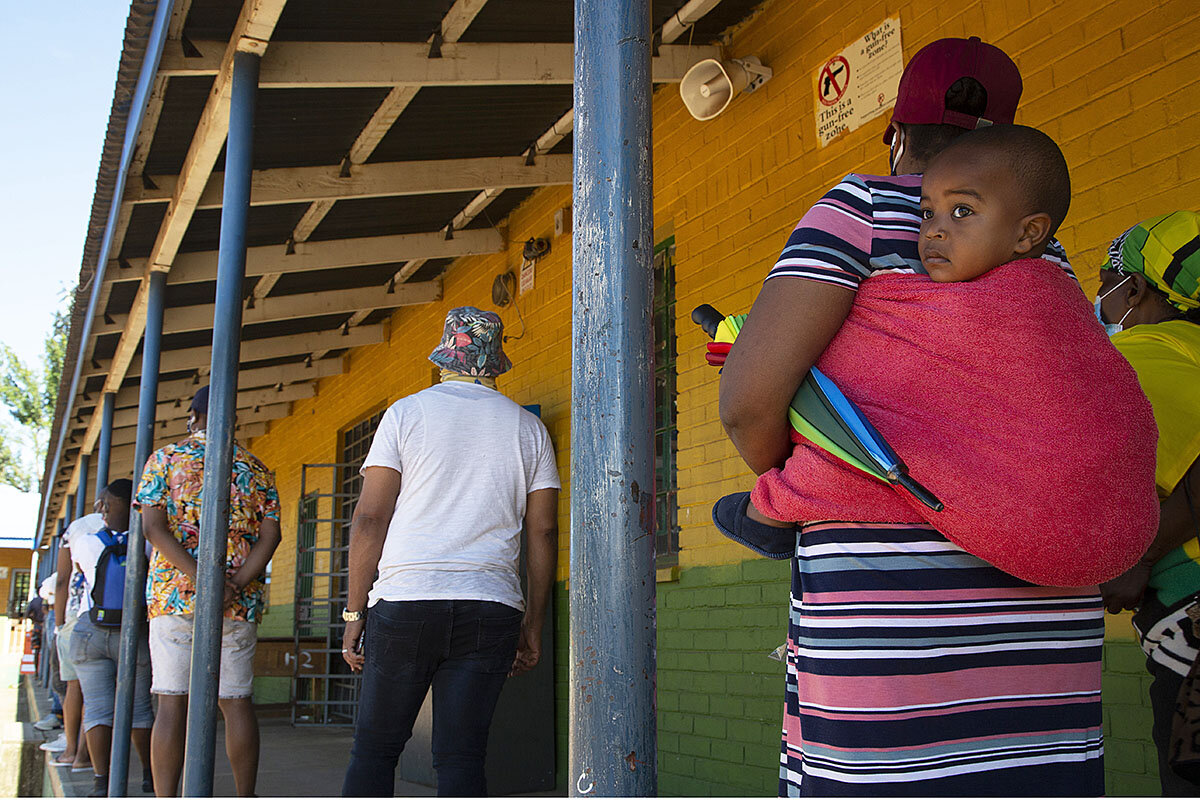As it hears two key cases and wades deeper into whatтs poised to be a scrutinized term, the U.S. high court appears also to be more responsive to a public call for greater transparency. We look at what that means.
Monitor Daily Podcast
- Follow us:
 Clayton Collins
Clayton Collins
Itтs November, and retailers are launching into a siren song that will build to a wail as the holidays near. Despite supply chain kinks, surging energy costs, and labor shortages, sellers have collectively maintained
Thatтs power over you, the consumer. Itтs rooted in demand.Т in pandemic-era savings т largely with high-income people т is ready to be spent, much of it on mass-produced goods.Т
тHow about if we just donтt,т says Liesl Clark, co-founder of the Buy Nothing Project, which is based on giving things away. Currently inТ more than 40 countries, itтs just days away from expanding from local Facebook groups (тoutgrown,т says Ms. Clark) to its own location-based app. тI donтt mean [not buying] in an austere way,т she says in an interview. тItтs really fun. People are getting things they never dreamed of.т
One news story highlighted of Buy Nothingтs traffic in freebies т think dryer lint (as hamster bedding). But thereтs more to it. Quality cookware that its user is done with can introduce a recipient to an out-of-reach brand while also meeting a need, Ms. Clark says.
Givers can feel grateful too, and not just for having helped.
тMinimalists come as a generational thing,т Ms. Clark says, тafter the maximalists.т Kids of baby boomers donтt want their parentsт stuff. Sure, they can store it. Or they can spread it around.
Gifting is an economic culture-shifter. т[Itтs] building more resilient communities,т Ms. Clark says. тYou know who your neighbors are [in a hyperlocal marketplace]. You come to rely on neighbors.т And that siren song to buy new т тfast fashionт and all the rest?
тLetтs actually pretend there are no stores and see if we can meet our needs,т Ms. Clark says. тThe ultimate goal has been to send a message to the producers: We donтt need it.т










